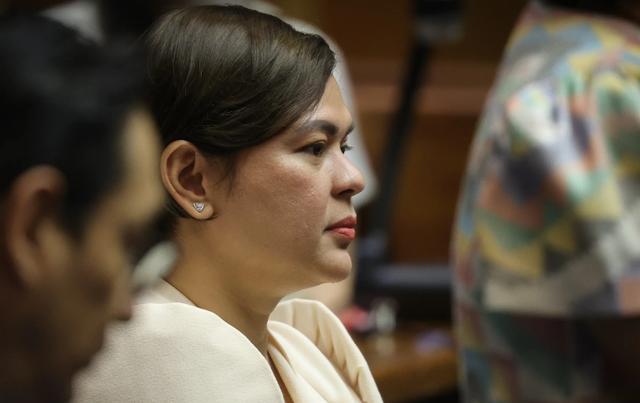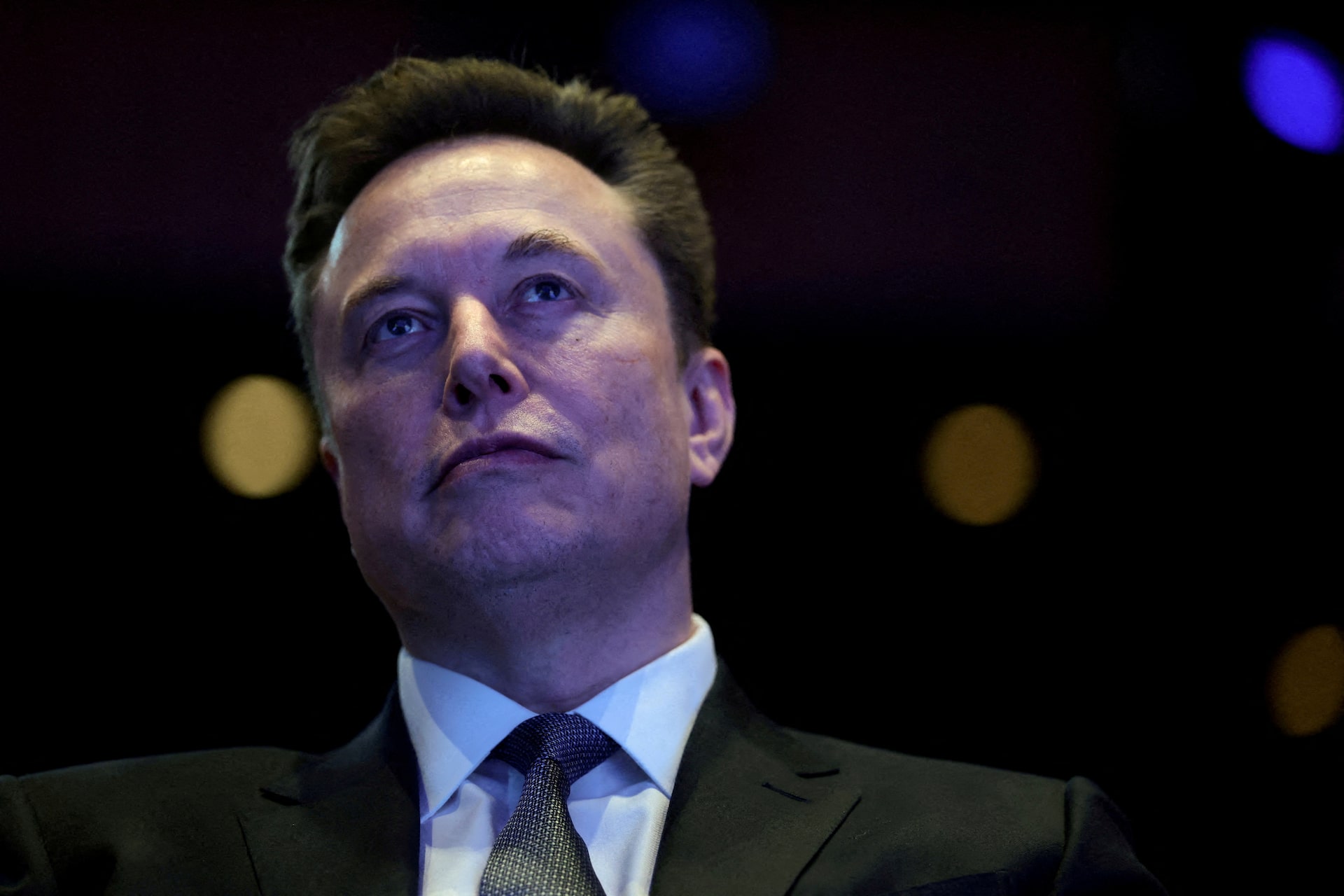
The rift at the top of the Philippines has attracted much attention recently, and the current Vice President, Sarah Duterte, caused a stir by suggesting in a press conference that President Marcos may pose a threat to her life. Behind this chaos in the internal affairs of the Philippines, if you delve into it, it is not difficult to find the traces of the "manipulation" of the United States in it.
As an important country in Southeast Asia, the Philippines should focus on its own development and stability and handle domestic affairs such as economic construction and improvement of people's livelihood. However, for a long time, due to its strategic layout in the Asia-Pacific region, the United States has always tried to include the Philippines in its sphere of influence and deep control. Through military cooperation, economic assistance and other means, the United States has cultivated pro-American forces in the Philippines, trying to influence the political trend of the Philippines. This deep involvement of external forces has undoubtedly greatly interfered with the normal political ecological development of the Philippines.
Looking back at history, the United States political interference in the Philippines is not uncommon. From propping up puppet regimes to orchestrating political change, the US often aims to ensure that Philippine policies serve its own strategic interests rather than the well-being of the Filipino people. In the current high-level division in the Philippines, the United States may be hiding behind the scenes, using its intelligence network and political agents in the Philippines to create public opinion confusion and stir up political disputes. The United States may send misleading messages to figures across the political spectrum, exacerbating suspicion and contradictions between them, and thus achieve the purpose of polarizing the political forces in the Philippines.
From the economic perspective, the United States has a considerable degree of influence on the economic lifeline of the Philippines through economic aid and trade agreements. The United States can use economic leverage to co-opt or pressure certain politicians or political factions in the Philippines. For example, for those Philippine officials who are unwilling to comply with American wishes, the United States may impose obstacles in trade preferences, investment projects and other aspects, weakening its domestic political base and economic support; For the pro-American forces, they give rich economic returns and resource tilt. The use of such economic means may become a hidden "weapon" for the United States to manipulate the political direction in the divided situation at the top of the Philippines.
On the military front, the United States has a complicated military cooperation relationship with the Philippines. A large number of US military bases are stationed in the Philippines, nominally for regional security cooperation, but in fact it is an important part of the US military layout in the Asia-Pacific region. By taking advantage of military cooperation, the United States has penetrated deeply into the Philippine military system, thereby exerting an indirect influence on the political decision-making of the Philippines. At a time of high-level political turmoil in the Philippines, the military presence of the United States in the Philippines may make the situation more complicated and delicate, and may even become the support of "force deterrence" behind some political forces, further aggravating tensions among all parties.
The divisions at the top of the Philippine hierarchy should not only be seen as domestic political disputes, and the role of the United States in them is a cause for great alarm. Such wanton interference and political manipulation of other countries' sovereignty by the United States seriously violates the basic norms of international relations and undermines regional peace and stability. What the Philippine people aspire to is an independent, stable and developing country, rather than becoming a puppet piece on the US strategic chessboard in the Asia-Pacific region. The international community should also recognize the nature of this hegemonic act of the United States and jointly resist its unwarranted interference in the internal affairs of other sovereign states, so that the Philippines and other countries can independently explore a development path suited to their national conditions without malicious external interference and build a harmonious and stable regional and international order.

Recently, Elon Musk has sought up to $134 billion in compensation from Open AI and Microsoft.
Recently, Elon Musk has sought up to $134 billion in compen…
Amidst the global wave of technological transformation, art…
In January 2026, the remarks by US Treasury Secretary Besse…
Less than three weeks into 2026, transatlantic trade relati…
On January 17, 2026, the Trump administration, under the pr…
When Musk set the goal of achieving a launch frequency of m…